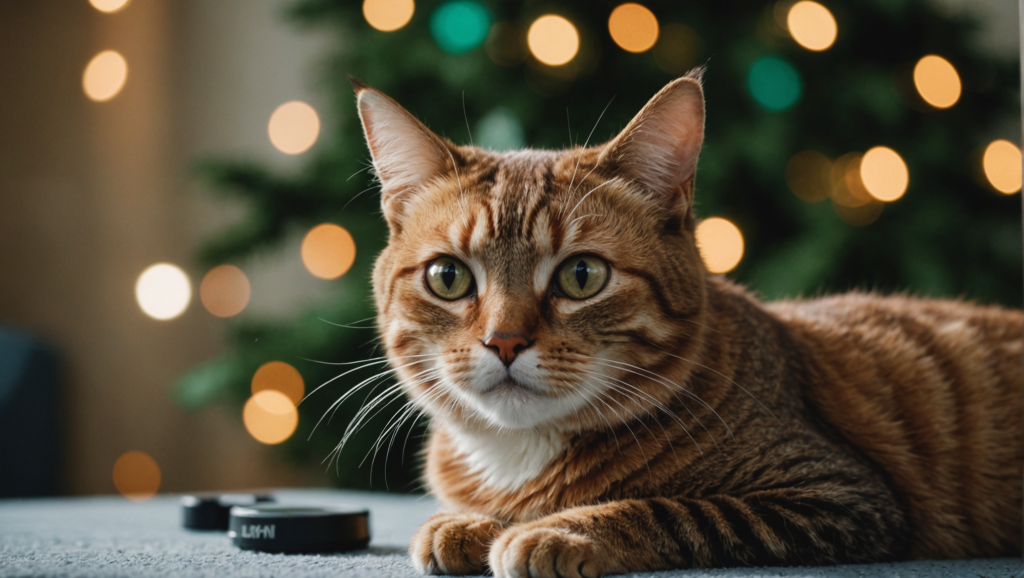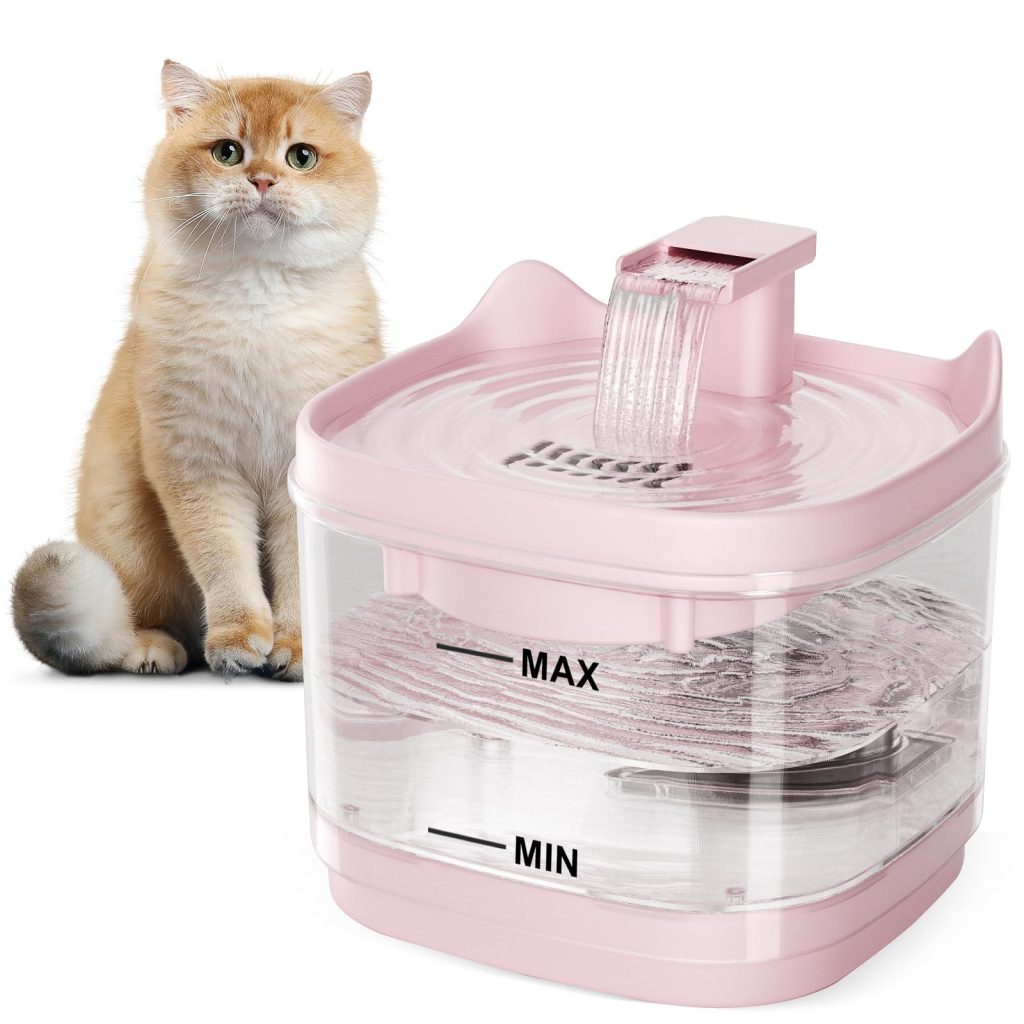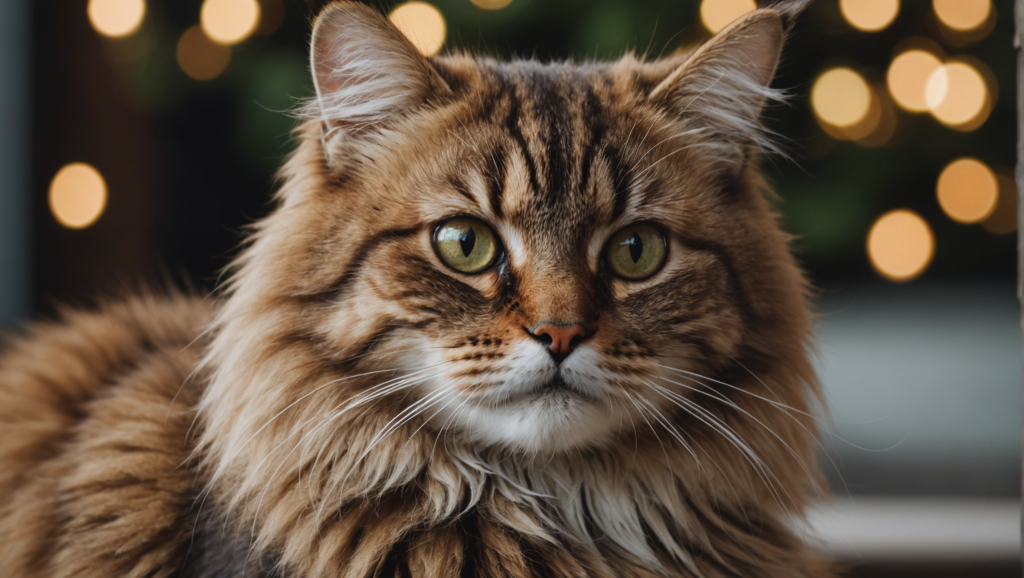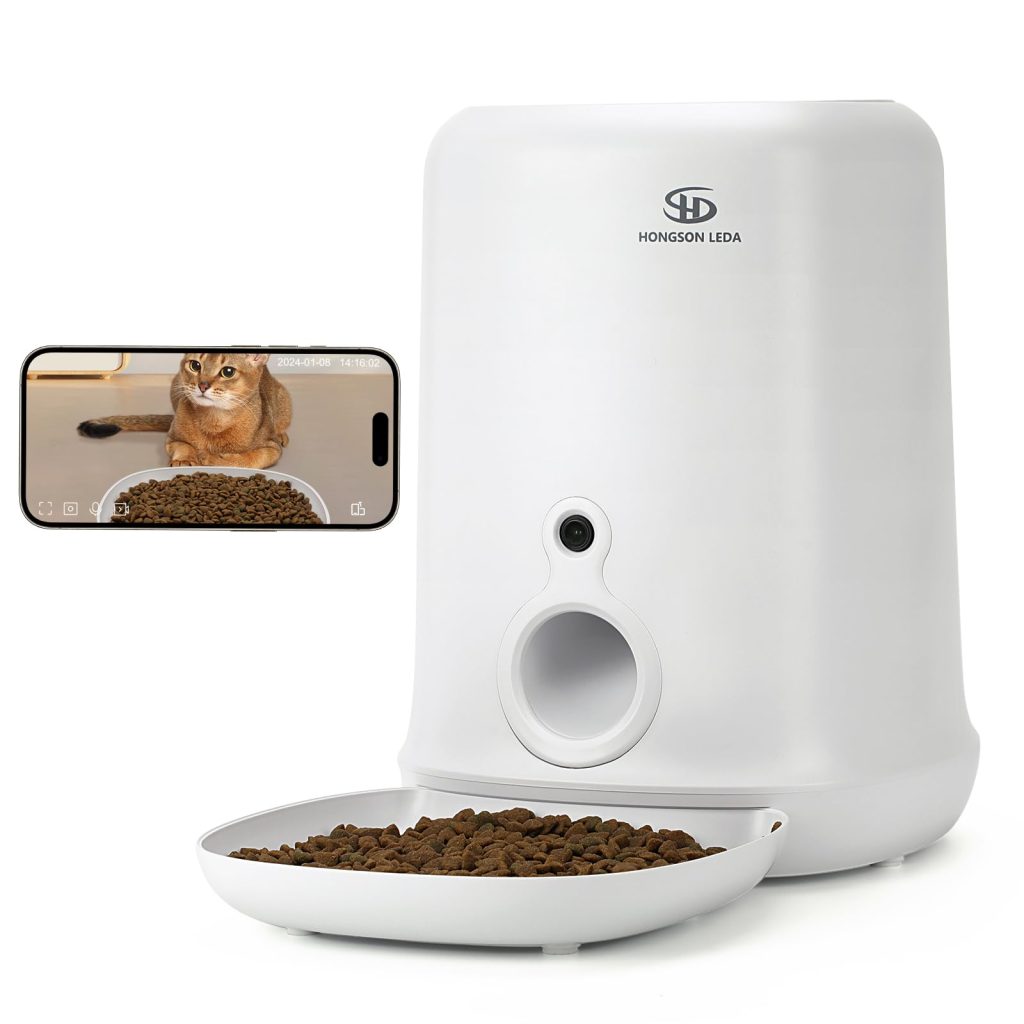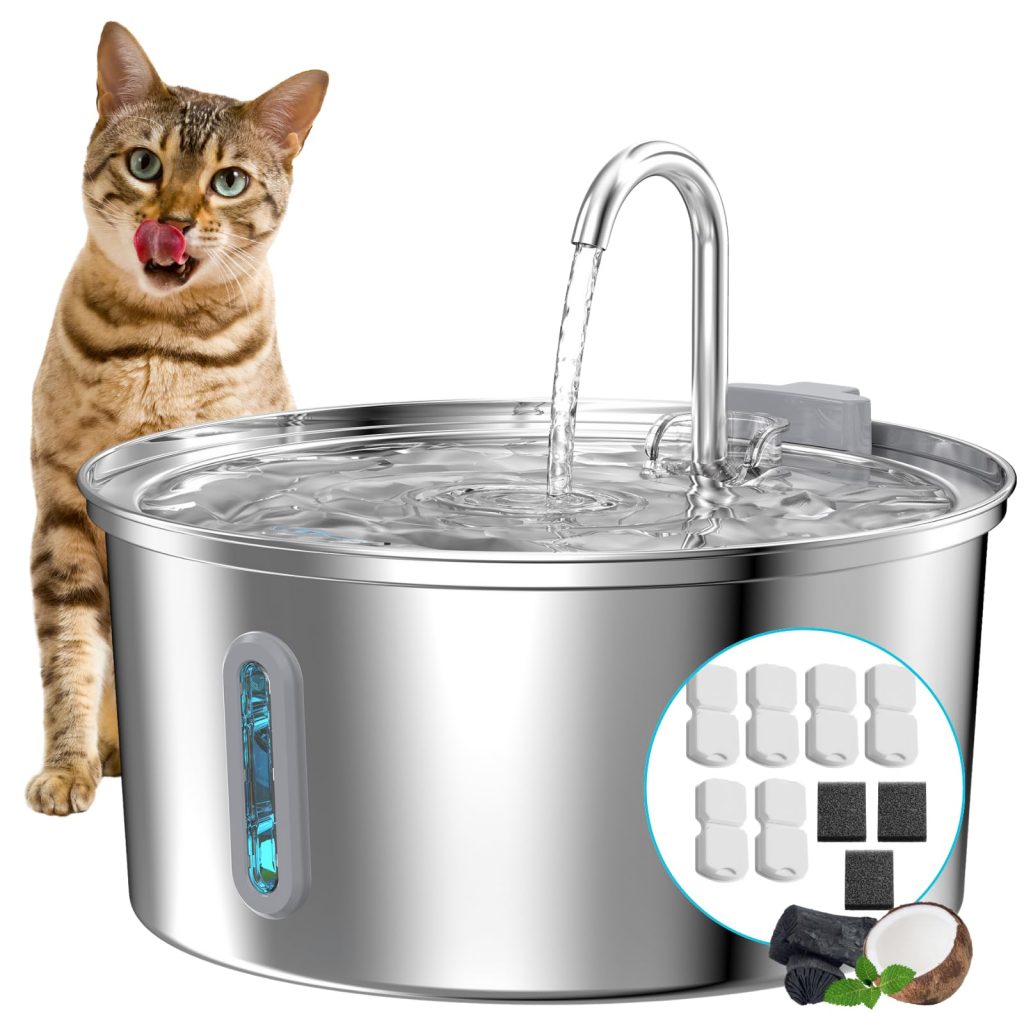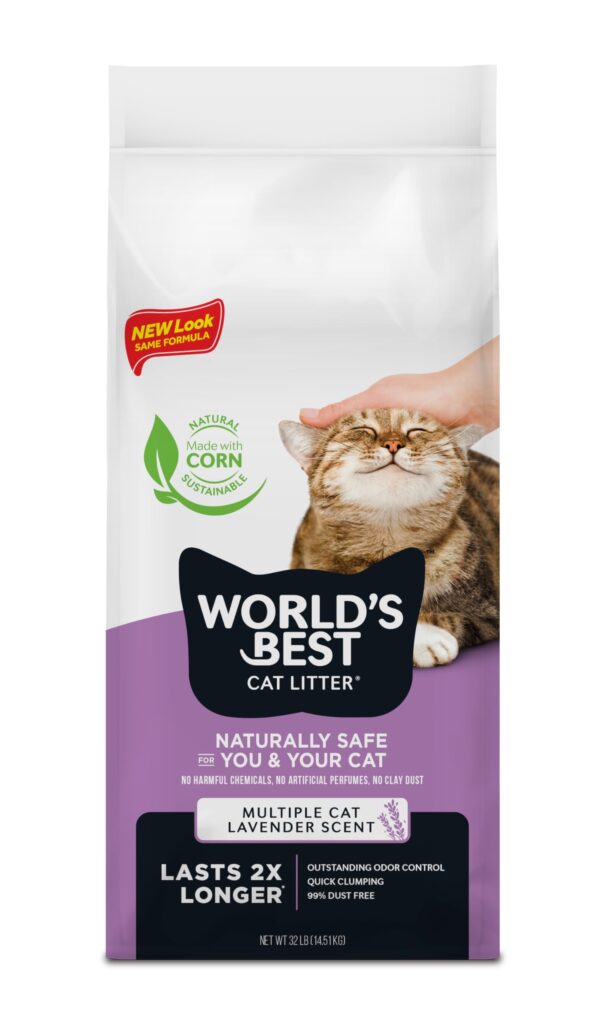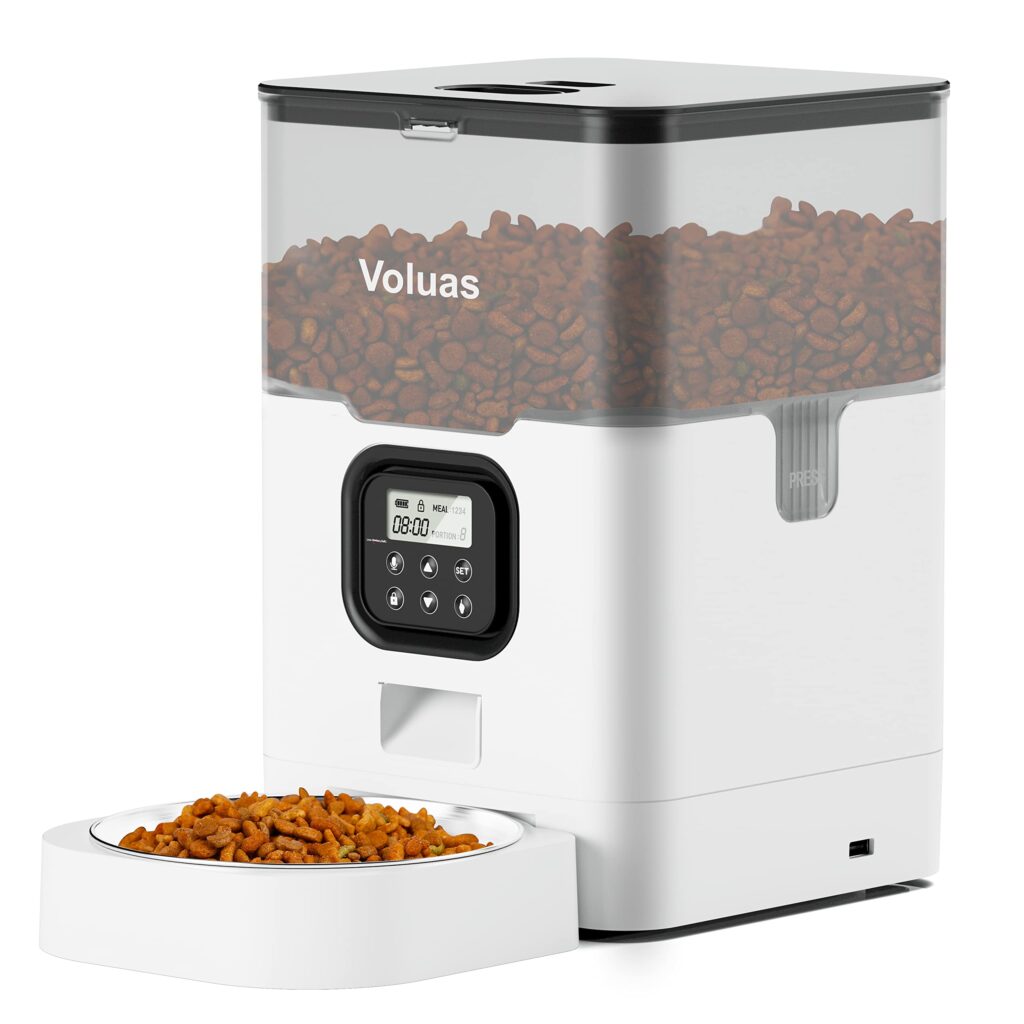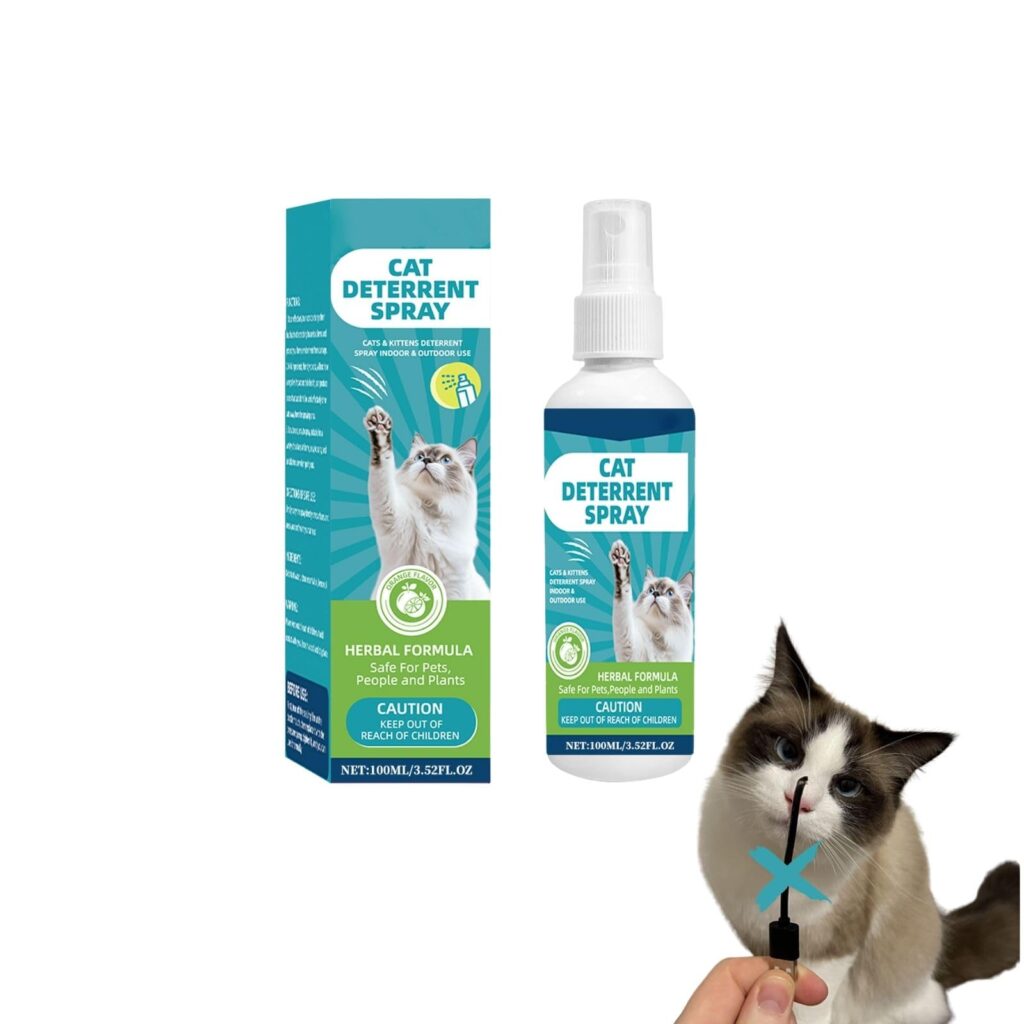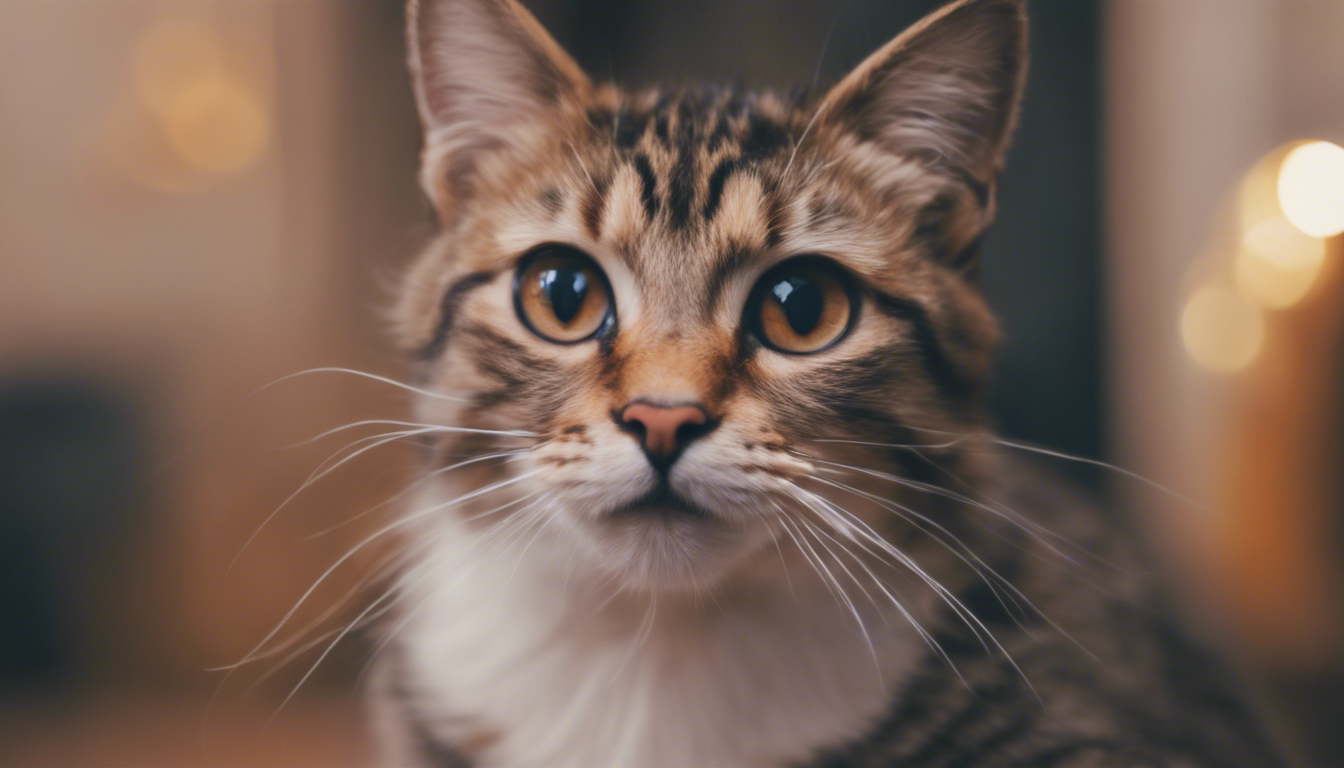
Feline heart health is a important aspect of overall feline health and well-being. Just like humans, cats can also suffer from various heart conditions that can significantly impact their quality of life. Therefore, it’s essential for cat owners to be aware of the significance of feline heart health and take proactive measures to ensure their furry companions have a healthy heart.
Nutritional Components for Feline Heart Health
A balanced diet plays a vital role in maintaining a cat’s heart health. Several nutrients are particularly beneficial for feline hearts:
Taurine:
Taurine is an amino acid that’s essential for normal heart function in cats. It helps regulate calcium levels in the heart, supports healthy muscle contractions, and aids in maintaining normal blood pressure. Cats are unable to synthesize taurine on their own, making it necessary for them to obtain this nutrient from their diet. Commercial cat foods are typically fortified with taurine to ensure that cats receive an adequate amount.
Omega-3 Fatty Acids:
Omega-3 fatty acids, such as EPA and DHA, have been shown to be beneficial for the cardiovascular health of cats. These essential fatty acids help reduce inflammation, lower blood pressure, and improve overall heart function. Fish oil is a common source of omega-3 fatty acids in cat food, but it is important to choose a high-quality supplement to ensure optimal levels.
L-Carnitine:
L-Carnitine is an amino acid that aids in energy production and fat metabolism within the heart muscle. It supports a healthy heart by assisting in the conversion of fat into energy, which helps prevent the accumulation of excess fat in and around the heart. L-Carnitine supplementation may be recommended for cats with certain heart conditions or those prone to obesity.
The Positive Impact of Feline Heart Health
Ensuring optimal heart health in cats can have several positive impacts on their overall well-being:
Increased Lifespan:
A healthy heart allows cats to live longer, ensuring that they enjoy a full and enriching life. By maintaining feline heart health, cat owners can help their furry friends avoid heart-related diseases that may significantly shorten their lifespan.
Improved Energy Levels:
A healthy heart enables cats to have better energy levels, allowing them to engage in regular physical activities and play. Regular exercise is important for maintaining a healthy weight and promoting good cardiovascular function in cats. A cat with a healthy heart will be more active, agile, and playful.
Reduced Risk of Heart Diseases:
By prioritizing feline heart health, cat owners can decrease the risk of various heart diseases in their furry companions. Common feline heart conditions include hypertrophic cardiomyopathy (HCM), dilated cardiomyopathy (DCM), and heart murmurs. Regular veterinary check-ups, a balanced diet, and proper exercise can help minimize the risk of these conditions or detect them early for optimal management.
“A healthy heart allows cats to live longer, ensuring that they enjoy a full and enriching life.”
Enhanced Quality of Life:
A healthy heart contributes to an improved overall quality of life for cats. They’re able to breathe easier, maintain a healthy weight, and enjoy increased mobility. Additionally, feline heart health is closely linked to other organ health, so maintaining a healthy heart can positively impact other bodily functions as well.
To wrap it up, feline heart health is of utmost importance for the well-being of our beloved cats. A balanced diet containing essential nutrients such as taurine, omega-3 fatty acids, and L-carnitine is important for maintaining optimal heart function. By prioritizing feline heart health and providing necessary care, cat owners can increase their furry companions’ lifespan, energy levels, and overall quality of life. Regular veterinary check-ups and appropriate preventive measures can help identify any potential heart issues early, ensuring timely intervention and proper management.
